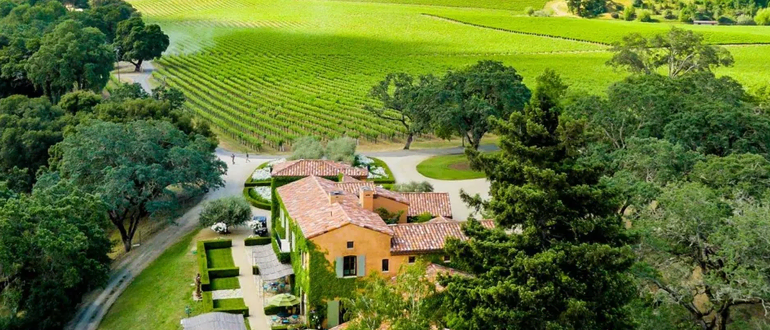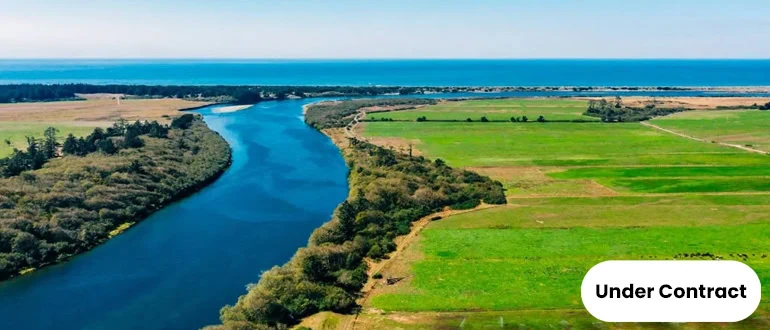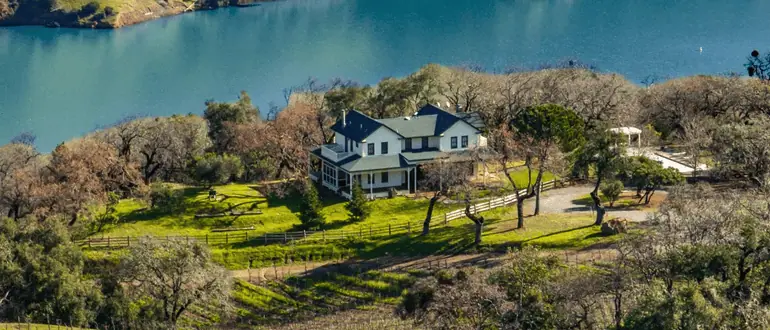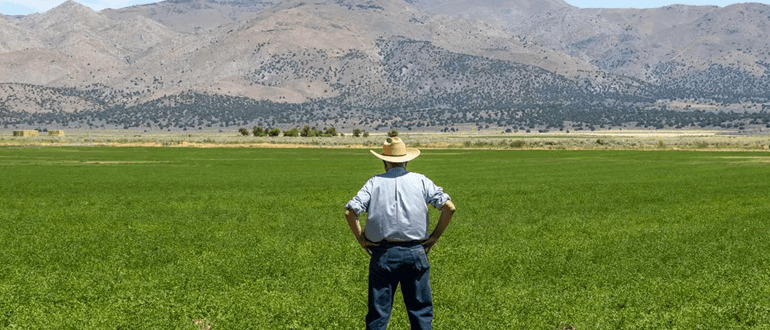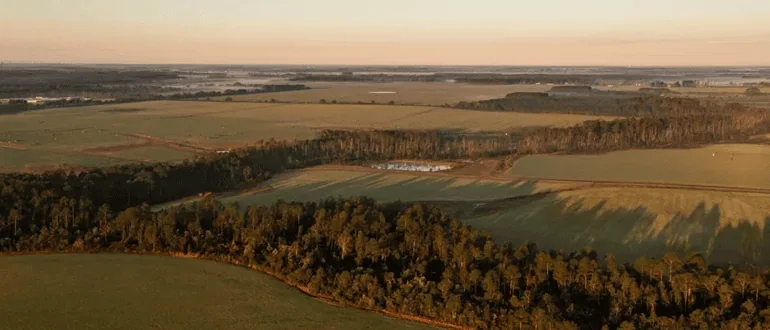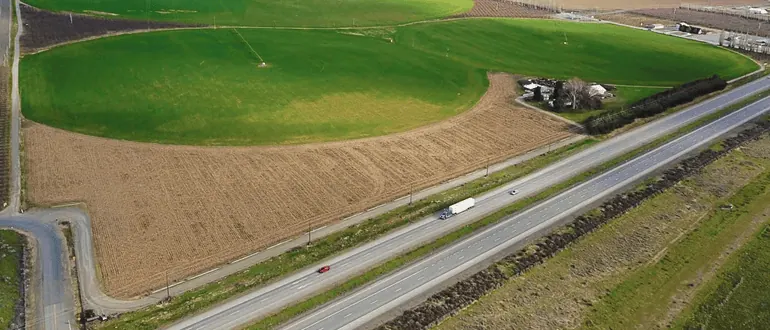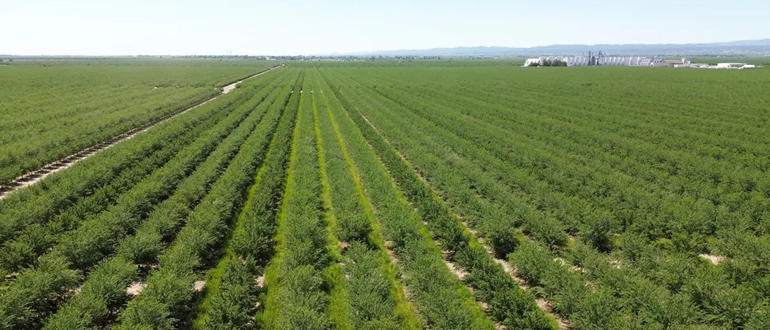
What Is Hobby Farming?
Hobby farming encompasses a wide range of agricultural activities conducted on a small scale, often for personal enjoyment rather than primary income. According to the U.S. Department of Agriculture’s 2012 Census, nearly 40% of farms generated annual incomes of less than $2,500, with many farmers relying on other sources of income. This trend indicates that hobby farming is rising, with more people integrating secondary farming activities into rural land use.
Hobby farms vary significantly in size and purpose. They might range from urban agriculturists with backyard chickens to local farmers producing meat, cheese, and vegetables for farmers’ markets. Regardless of the scale, a common feature of hobby farms is that the principal income of the owner does not come from farming.
With the increasing popularity of the farm-to-table and sustainable food movements, hobby farming has become a desirable lifestyle. Urban dwellers are purchasing rural land for primary or secondary residences, turning hobby farms into a staple of the modern country landscape.
Should I Start a Hobby Farm?
- Research and Planning: Understand the livestock or crops you want to raise. Assess if your property has the right soil, pasture, and shelter for your chosen activities.
- Water and Resources: Ensure your property has adequate water sources to meet the needs of your livestock or crops. A reliable water supply is crucial for the sustainability of your farm.
- Financial Implications: Consider the tax implications and the potential income from your farming activities. Hobby farming can be a source of additional income but also requires time and money.
- Commitment and Time: Be prepared to invest significant time and effort into maintaining and operating your farm. Hobby farming is not a whimsical endeavor but a rewarding one with proper dedication.
- Community and Regulations: Think about your neighbors and local regulations. Some areas might have restrictions on animal husbandry or specific farming practices. Ensure you comply with municipal or county rules.
I'm Ready to Start My Hobby Farm. What's Next?
Finding the Farmland
- Location: Pick a location that fits your lifestyle and farming goals. Consider proximity to markets if you plan to sell produce, and ensure the area has the necessary infrastructure.
- Land Quality: Assess the quality of the soil and availability of water. Fertile soil and reliable water sources are critical for successful farming.
- Size and Layout: Based on your planned activities, determine the appropriate size of land and ensure the layout supports efficient farming practices.
- Amenities and Facilities: Check for amenities like barns, fences, and irrigation systems. These can significantly reduce your initial investment.
Available Farmland Listings
Here are some promising farmland properties available through LandLeader:
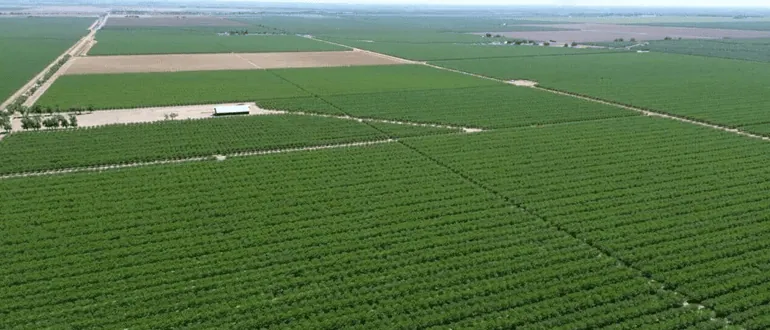
Williams Farms located just 2.5 miles north of Arbuckle, CA
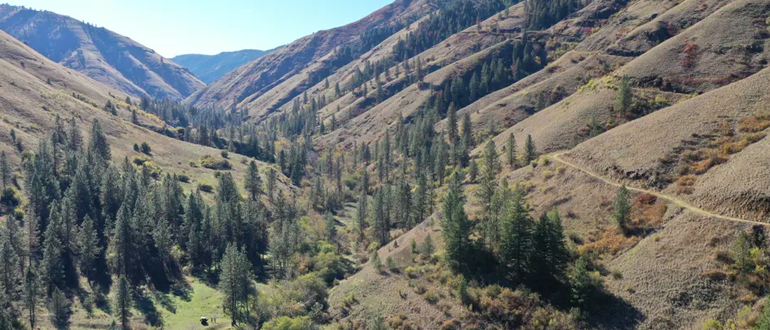
Nestled within the highly desirable Blue Mountains of Wallowa County, OR, one will find
Camp 9 Hunting Ranch
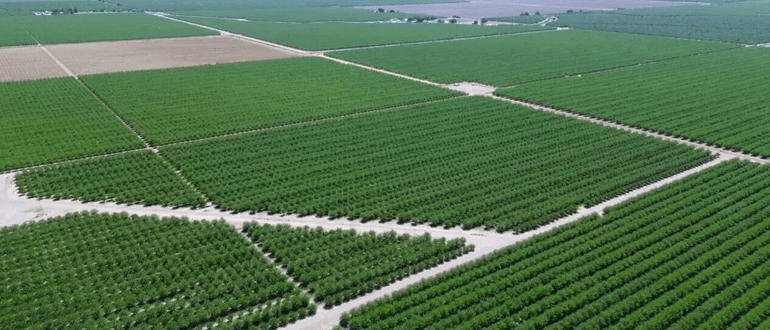
Offering the 635.5-acre high-producing
Arbuckle Almond Farm
is a great investment opportunity in California.
